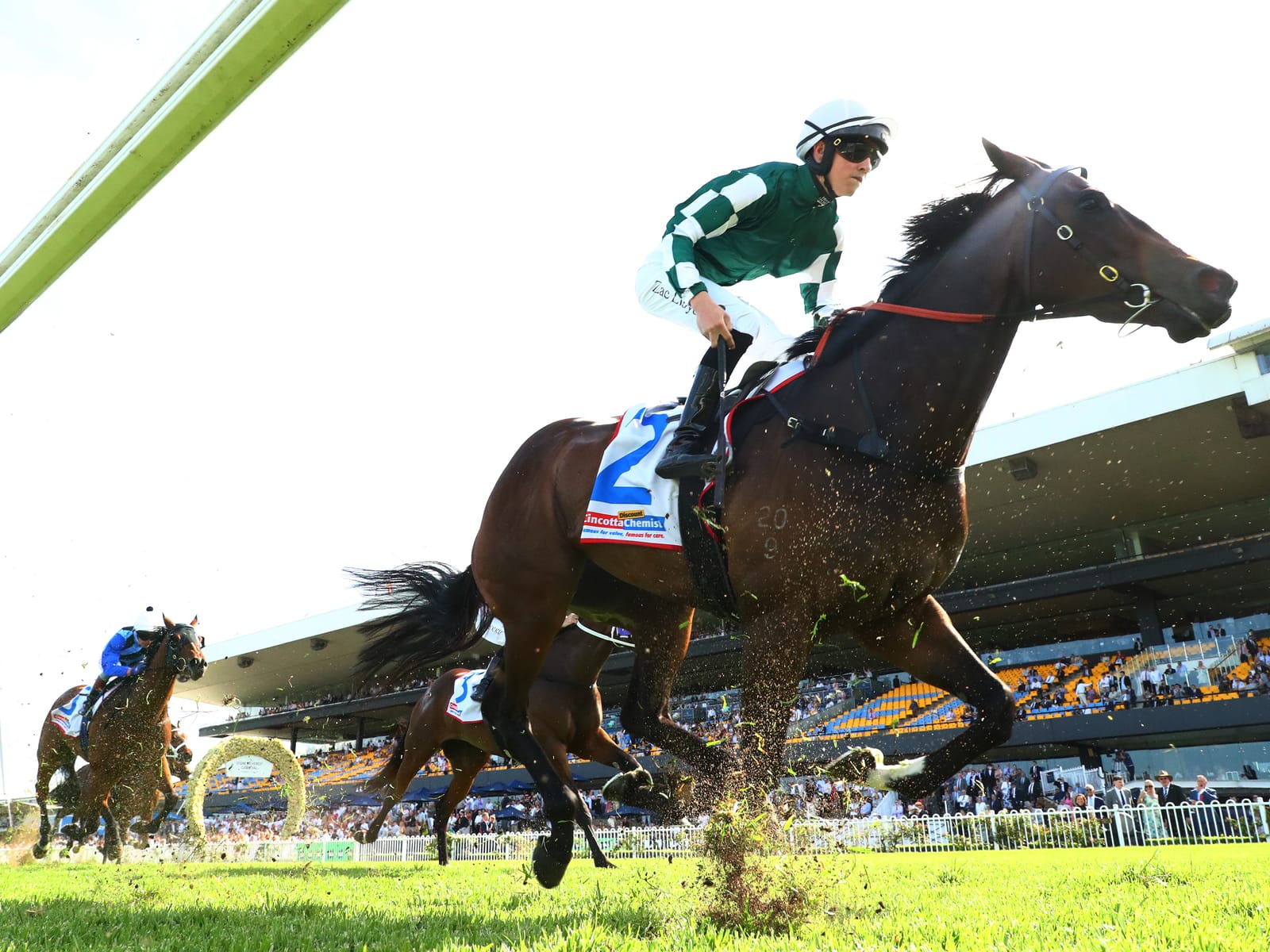Private mare sales, like the one which delivered multiple Group 1 winner Magic Time to Yulong recently, are becoming rarer and rarer. Tim Rowe looks at the changing nature of the market and speaks to the agents at the heart of those deals.
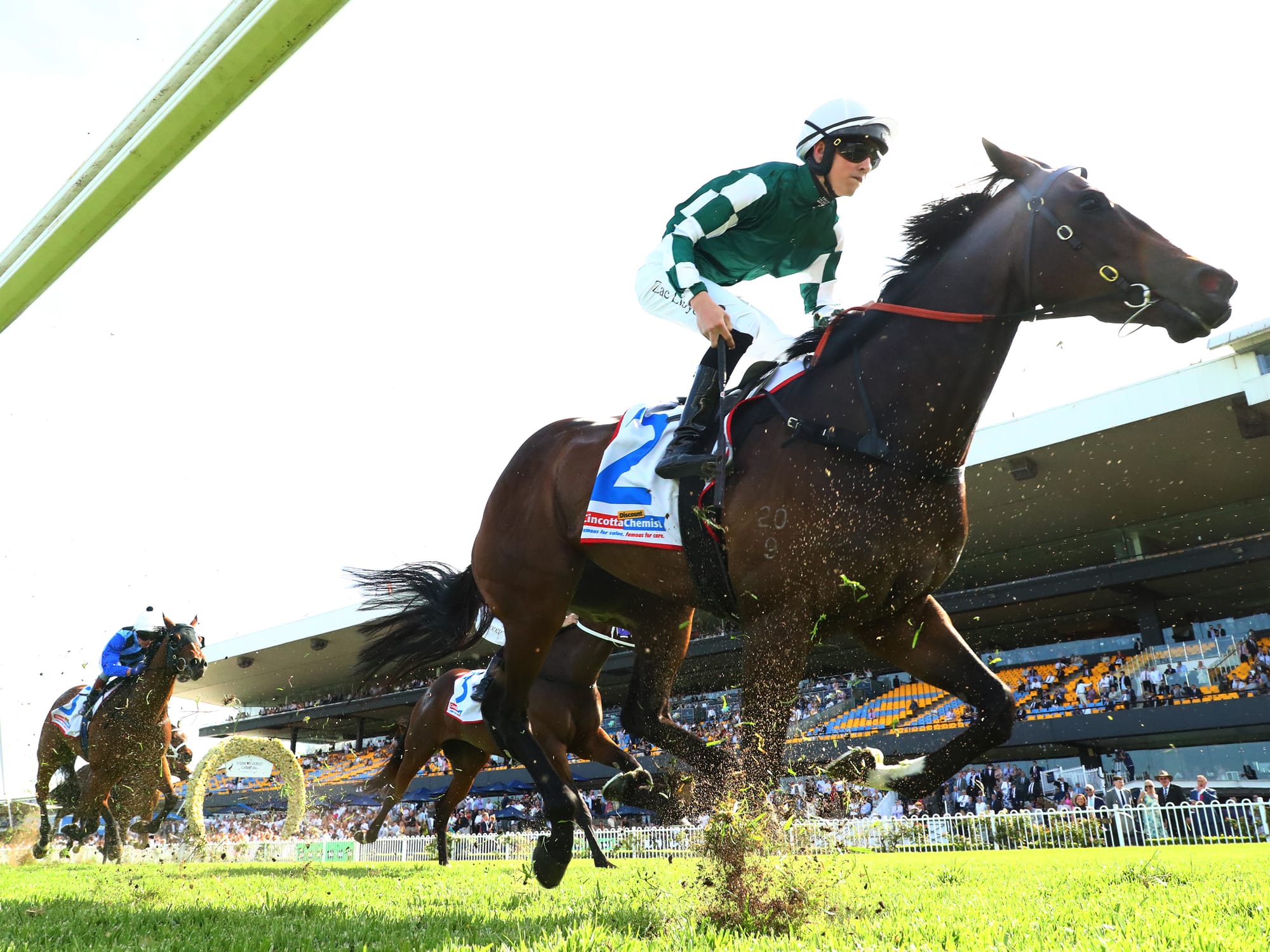
The sale of Group 1 winner Magic Time by owner-breeder John Muir to Yulong last Thursday was the quickest deal bloodstock agent Damon Gabbedy has ever completed.
In the space of six hours, starting at 11am, an unsolicited offer made via Gabbedy from Zhang Yuesheng’s Yulong management team to Muir to sell his prized homebred mare was received and accepted.
By 5pm the same day, the money was in Muir’s bank account and Magic Time was officially owned by Yulong.
The racing colours assigned to Magic Time were updated on the Racing Australia website that night, just in time for the five-year-old to run in last Saturday’s Group 2 Hot Danish Stakes in Sydney with her jockey Zac Lloyd wearing the Yulong silks.
Those same bottle green and white checked sleeve silks returned to scale victorious on four occasions at the famous four-day Flemington spring carnival including on Thursday’s Group 1 VRC Oaks winner Treasurethe Moment.
Her win, and in doing so completed the Wakeful-Oaks double, occurred just minutes after Zhang finalised the deal to acquire Hellbent mare Magic Time, last season’s Sir Rupert Clarke and All Aged Stakes winner.
Zhang was trackside at Flemington on Saturday to witness Via Sistina win the Group 1 Champions Stakes, but he would have also tuned into the broadcast from Rosehill where Magic Time endured a wide run but fought on bravely to finish runner-up to Belclare, the second time in succession the pair has run one-two.
Private deals of the magnitude of Magic Time, whose price was undisclosed, but who conservatively would have commanded a price above $2.5 million, have been few and far between in recent years, replaced by the advent of online sales such as Inglis Digital, Magic Millions Online and New Zealand Bloodstock’s Gavelhouse.
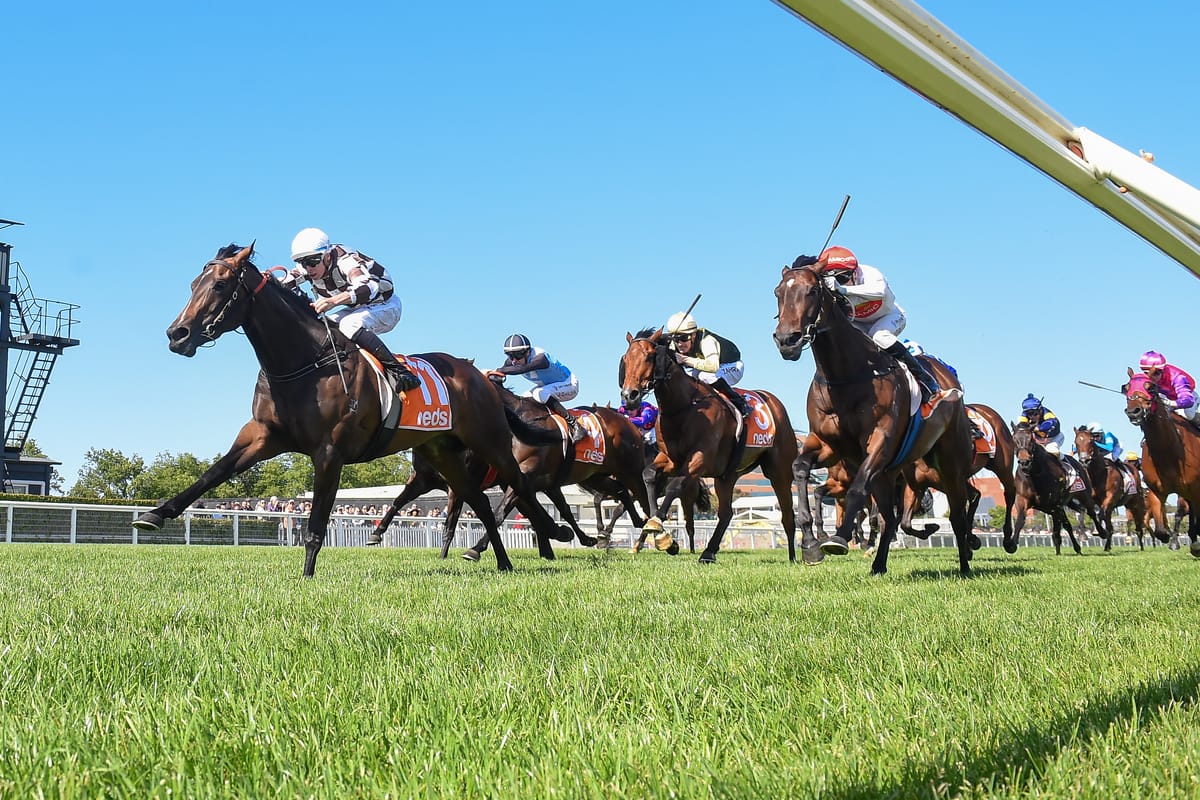
It will be little surprise to many that the majority of the private sales of high-profile mares in recent times have involved Yulong.
Last season’s Group 1 Flight and Surround Stakes winner Tropical Squall was bought by Zhang from Gooree Park Stud on the eve of her spring campaign, which as it turns out, was aborted after just two below par runs.
Three-time Group 1 winner Duais was also sold by her owners to Yulong last spring, subsequently finishing runner-up in the Champions Stakes for her new owners but with her original trainer Edward Cummings, while Coolmore purchased dual Group 1-winning filly Coolangatta in time for last year’s breeding season.
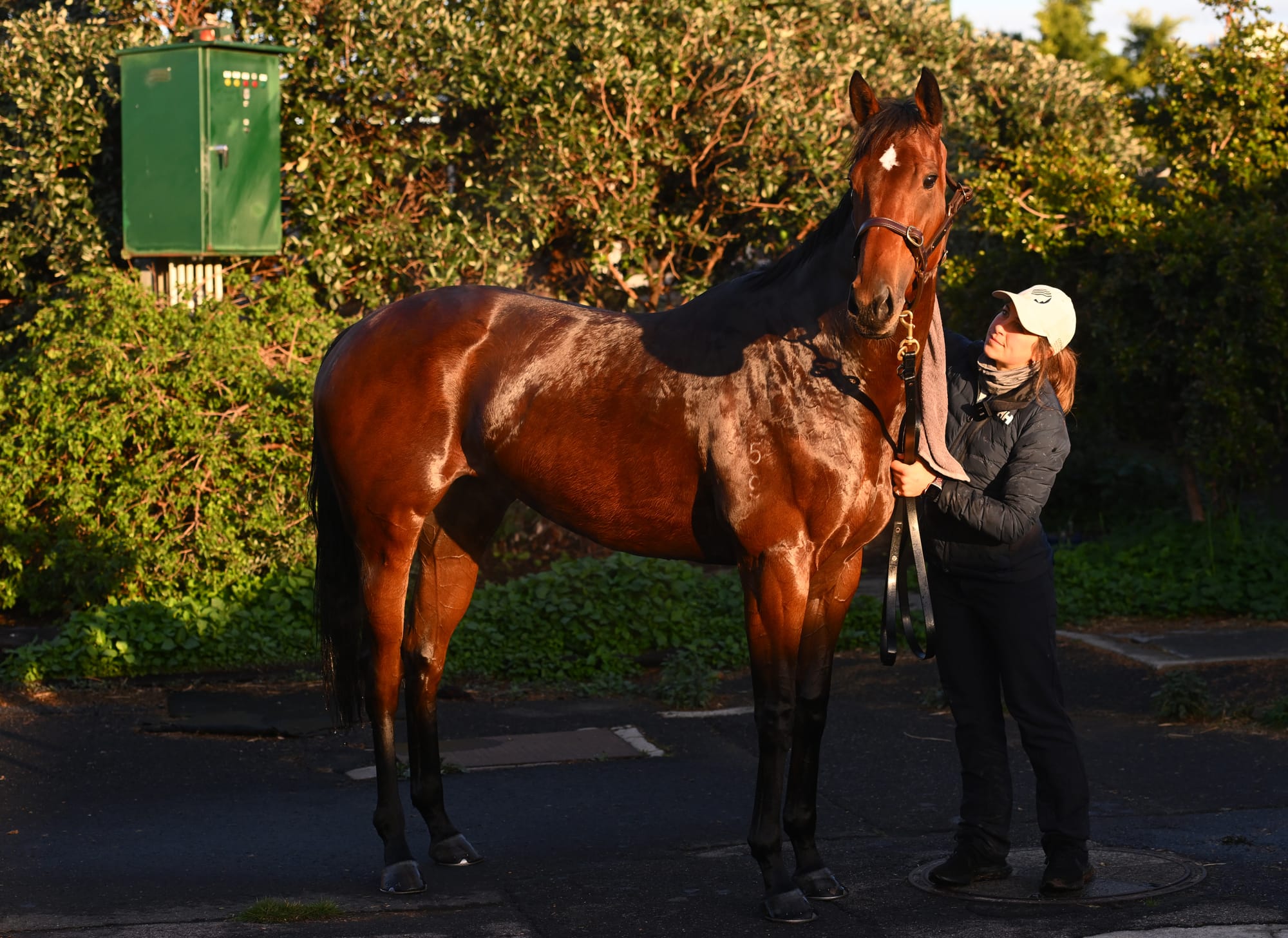
Brokering the sale of mares was once a big part of the business model of Damon Gabbedy’s Belmont Bloodstock.
He laments that change “and if any agent says it hasn't hurt their business, I would challenge them on that, because it's hurt dramatically”.
“Pre-online, we agents basically used to have from …. just before the start of the breeding season to the following year (May) to try and buy and negotiate private mares off the track,” Gabbedy says.
“Now, with online, bang, they're every two weeks, and even if you've got something better than every two weeks, they have a pop-up sale for you. So, it has really changed the bloodstock agents’ role.”
Fewer horses are raced by a single owner these days which also makes private sales more difficult transactions to achieve, and that also holds true for those bloodstock agents who service the tried horse market selling into Hong Kong.
“The number of mares or fillies being raised by a syndicate, and I'm not just meaning Star Thoroughbreds or First Light Racing, I'm meaning trainers who will sell their yearlings down in five percent shares, 2.5 percent, so you've got 15 or 20 owners in these horses,” Gabbedy says.
“So, when Damon Gabbedy or Will Johnson rings up Gai Waterhouse and says, ‘oh, can we buy this horse?’ and we make an offer they have to then email their owners and some will say yes, some will say no, some will want a bit more money and it goes into the too hard basket.”
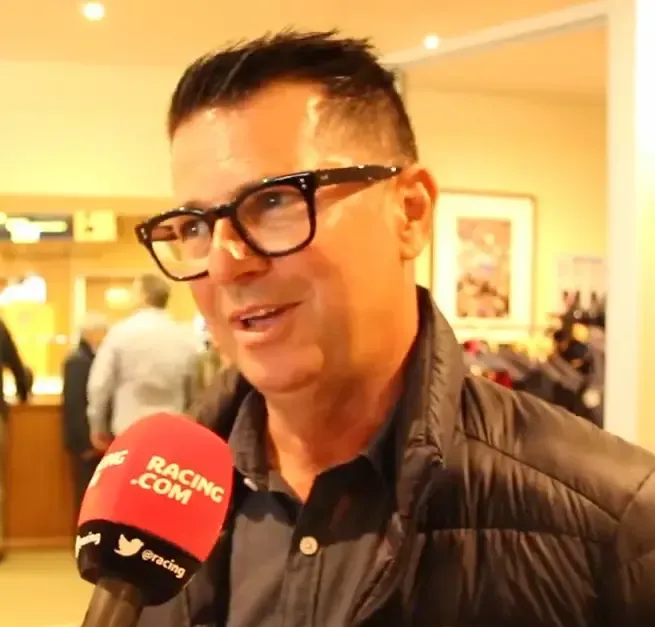
“Now, with online, bang, they're every two weeks, and even if you've got something better than every two weeks, they have a pop-up sale for you."
- Damon Gabbedy
Fellow agent Suman Hedge, who admits he hasn’t been as affected by the changing dynamic of the market as some of his peers, agrees with Gabbedy’s sentiments.
“A horse like Magic Time, which is a really high profile horse, (there’s still interest to do deals privately), but a lot of those mid-tier and lower tier horses, they're just not getting traded that way anymore,” Hedge says.
“People just want to stick them online and it's quite an easy vehicle for them to move their horses on.”
Australian Group 1-winning fillies such as She Will Reign, Fireburn and Amphitrite were sold privately by their respective owners to Japan’s Katsumi Yoshida through Australian agent Will Johnson.
Johnson believes the private market for high-end mares, particularly on the world stage, remains as strong as ever, pointing to Qatari outfit Wathnan Racing purchasing Steve Parkin’s daughter of Too Darn Hot, the Karl Burke-trained Fallen Angel, after she won the Irish One Thousand Guineas in May, her second win at Group 1 level.
“I think the online market has definitely made it much easier for owners to quickly sell their horses, which has created a very fluid market, but in terms of looking at those higher profile horses around the world I think the private market's still as strong as ever,” Johnson says.
“I think there's something about selling mares privately at the right time of year that still ensures you get well remunerated for them rather than having to wait until next May (to sell them).”

While agents such as Gabbedy have been impacted by the change in the market’s dynamic, fast-tracked by the acceptance of online thoroughbred auctions, that’s not to suggest that the private market has disappeared completely.
“There's still plenty of people who prefer to buy privately because it's a private transaction,” Gabbedy says.
“When (the mare) goes to auction, everyone's obsessed with knowing what everything costs.
"But if you buy them privately and then put them in for a trade, well, no one knows what they cost, so there's still plenty of demand for private sales, it's just a matter of keeping your ear to the ground and digging them up.”

